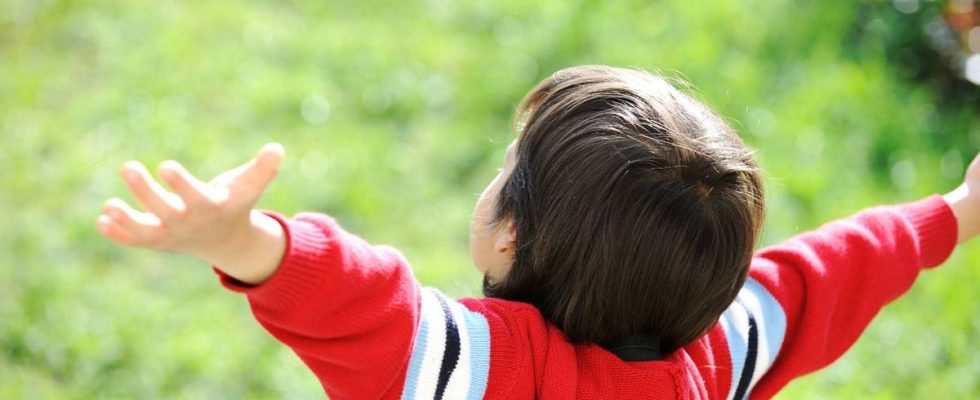“It must have been so sad”, “you must have been so bored”, “honestly, I wouldn’t have liked it”… Only children are often pitied (you may recognize yourself). Long a minority, they are becoming more and more numerous. Because the French are having fewer and fewer babies. Women had an average of 1.68 children in 2023, compared to 1.79 in 2022, according to the latest figures from INSEE published this Tuesday.
But contrary to popular belief, not everyone dreams of having a little brother or sister. Mathieu*, 50 years old, is one of them. He assures him, “he has always handled things extremely well”, obtaining “more attention from his parents, more things to himself and for himself. » “I could (almost) do as I wanted. Nothing having to share with anyone or having to fight for something, no jealousy with a brother or sister. » Hervé, 42, also swears to have “never felt a huge lack of playing alone”. “Today a father of two children, I can’t help but say to myself: ‘Ah, the good times when I was peaceful!”’ when I see them bickering over trifles. »
Siblings, a non-decisive factor in the child’s well-being
How can we explain that some people flourish in this way, while others only dream of a mini them? “Overall, everything that fuels or not the well-being of the child is very multifactorial,” assures Héloïse Junier, doctor of psychology and author of the comic book for parents My life as a child (Dunod Editions). The bond with parents, social life, temperament are all factors. » The presence or absence of brothers and sisters would therefore not be decisive at all.
A criterion would still be important according to Emmanuelle Rigon, psychologist and psychotherapist. “The explanation of why we had an only child and the coherence of this explanation will mean that the little one will cope with the situation more or less well, depending on the professional. When this is experienced as a frustration or a lack on the part of one or both parents, it will have repercussions. »
Learn to take care of yourself
Growing up alone is therefore not a burden, far from it. “My parents didn’t have a lot of money but they were able to offer me a lot of things like horse riding lessons and trips. And if they were able to do it, it’s because they only had one child,” says France, 38 years old.
A solitude which would have other benefits. “We perhaps learn more to keep busy, to play alone and to become independent,” supposes Mathieu. An opinion shared by Hervé. “I had friends and I loved sharing things with them, but I also loved those moments alone just for me playing at home. Moments that I considered a rest compared to others. » Because who says only child does not necessarily mean less sociable child. “Some only children are much more sociable because they have steps to take to form relationships unlike those with brothers and sisters at home,” warns Emmanuelle Rigon.
Take advantage of moments alone to create and imagine
Another benefit, according to Bruno, 62 years old: the development of one’s creativity. “I became curious about everything very early on. I was never bored, I spent my time drawing, reading, observing. » Today, he still wonders if having brothers and sisters would have given him enough calm and the time necessary for discovery.
“When you are alone, you are more confronted with your imagination,” confirms Emmanuelle Rigon. But the question is what we do with it. Some will use their thoughts to develop their creativity, others will make them a source of anxiety. “.
“It made me more mature quite quickly”
Being the only child among adults would also be positive. “I spent my time listening to the conversations of adults, which made me more mature quite quickly,” assures Bruno. And theScientific research proves him right. “Statistically, only children, particularly those from advantaged social backgrounds, have more chance of having a better education and a better level of language », recalls Héloïse Junier. Obviously, just because you have one child doesn’t necessarily mean they will be HPI. It also depends your role as a parent, your social environment but also the profile of the little one.
And even as adults, some people don’t envy large families. “I may be the only one to take care of my elderly parents but at least I make my own decisions without having to refer to a family council,” considers Marie, 49 years old. Enough to make the Delon clan jealous.

